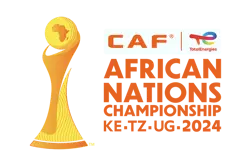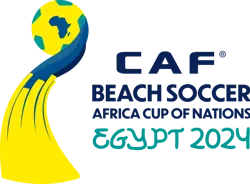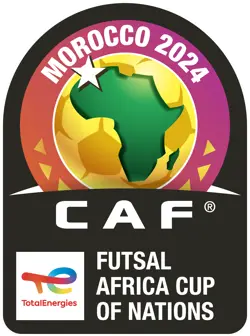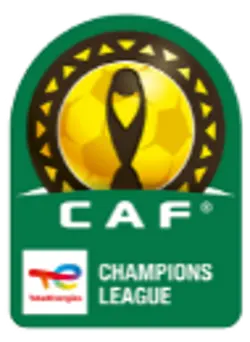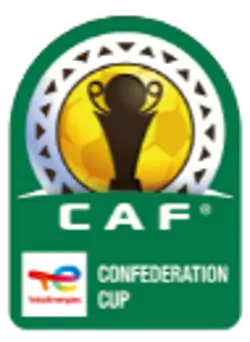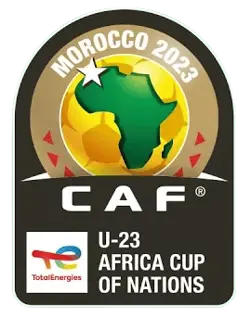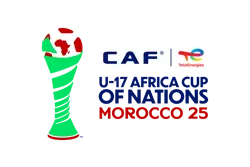Cheikh Tahirou Fall: “Seeing your wife represent our country, singing the national anthem, is an honor.”
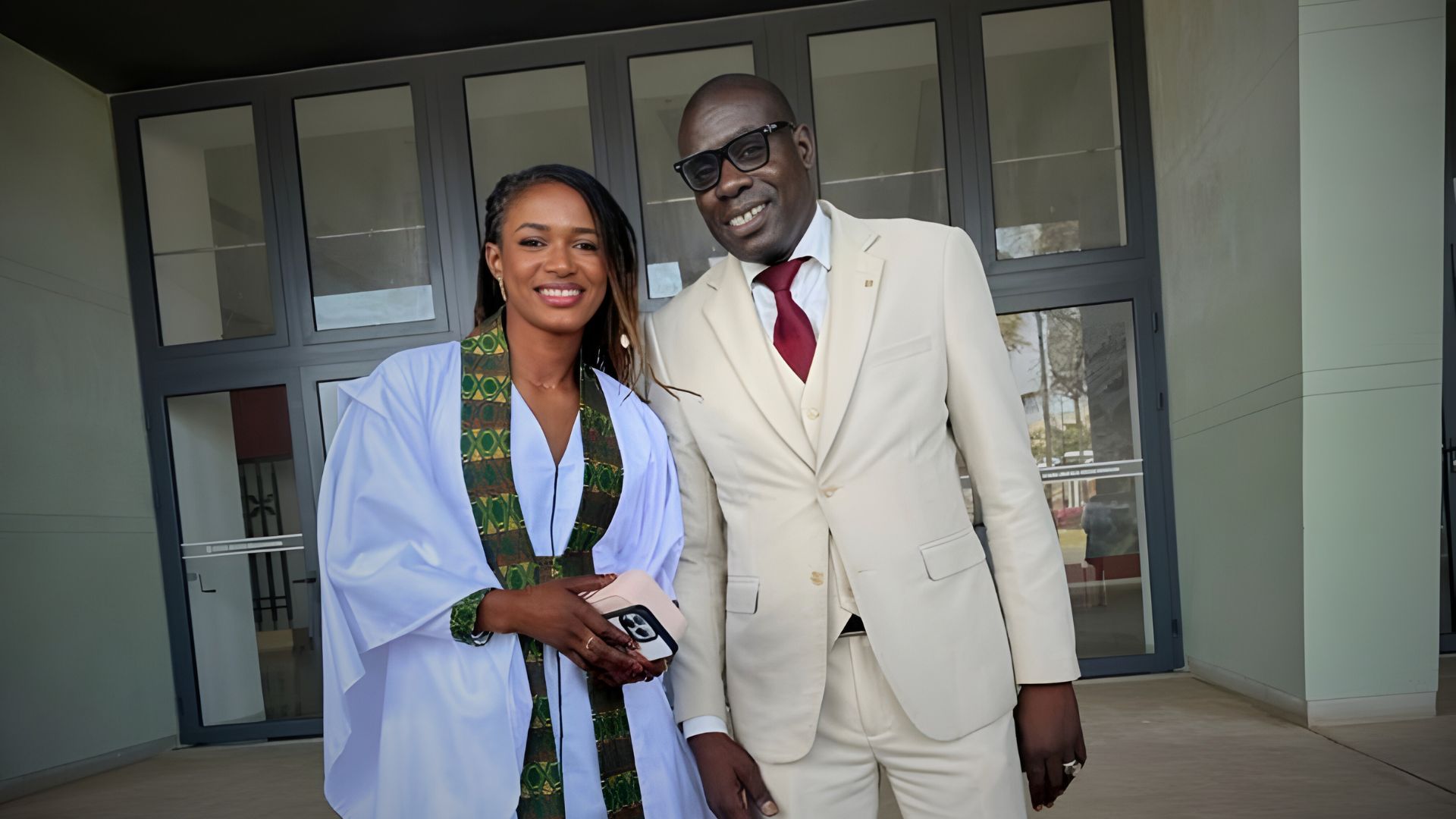
- CAFOnline.com interviewed Cheikh Tahirou Fall, husband of Ndèye Awa Diakhaté
- He experiences his partner's victories and defeats intensely, as a keen observer and constant supporter
- He supports her from the sidelines, with lucidity, tenderness, and passion for the game
Amidst the TotalEnergies CAF Women's Africa Cup of Nations (WAFCON) 2024, Cheikh Tahirou Fall occupies a special place in the shadows of Senegalese football. Husband of Ndeye Awa Diakhaté, the national team's striker, he is far from a mere spectator.
A former member of the Lionesses' coaching staff, he knows Women's Football from a privileged place, with its demands, challenges and hope. What sets Fall apart is his ability to combine his roles as coach and husband, a balance he has successfully maintained in the demanding world of professional sports.
His calm, often technical perspective is nonetheless combined with tenderness and a deep understanding of the realities faced by players. He knows that behind every goal scored or every successful pass, there is hard work, but also personal sacrifice.
For him, accompanying Awa means above all, supporting her. He follows her matches closely whether in Marseille where she plays at club level or on African pitches for her national team.

And when defeat or frustration rears its ugly head, he knows that a husband's role is not to force words but to offer a space for listening and reflection. In these moments, communication takes place in silence, before setting out again together to improve. But beyond their personal story, Tahirou has observed the evolution of Senegalese women's football, which he has supported for several years.
He reminscences the notable transformation of youth teams, the increasing professionalization and, above all, growing recognition among families and institutions. According to him, the visibility of players like that of his wife paves the way for a new generation that believes more than ever in its chances.
Finally, he evokes his wife's fighting spirit, the steely mentality that makes her a "born winner." An inner strength that allows her to overcome obstacles and always gets back up. This mentality, coupled with her undeniable talent, explains her rise and her key role in the revival of Senegalese Women's Football.
In this rare interview, Fall offers CAFOnline.com an insight into the daily life of a couple united by a passion for football, combining rigor, love and ambition. A story that embodies the modernity of African Women's Sport.
CAFOnline.com: How did you meet your wife, Ndeye Awa Diakhaté, and when did you realize that football would become an integral part of your personal life?
Cheikh Tahirou Fall: Thank you for inviting me. I met Awa when I was on the staff of the Senegalese Women's National Team. She was a player, and I was a coach. That is where our story began. Football was the setting for our first meeting, and it became the common thread in our daily lives.

What was your view of Women's Football before this encounter?
To be honest, before this experience, I had never encountered Women's Football. It was an enigma to me. But as soon as I discovered it, I was pleasantly surprised. The women are very technical; they quickly grasp tactical instructions. I would even say that, in some aspects, they learn things faster than the men. It captivated me. Women's Football has become a passion. Every weekend, I would go to the stadium to watch the women's championship matches.
Do you still follow Awa in her matches, whether for her club or her national team?
Absolutely. Whenever I can, I'm there in the stands, whether she's in Marseille or with the Lionesses. I'm passionate about sports. And since I'm a coach by training, I experience the match intensely. I'm not just a husband: I'm a close observer. But I remain calm because I know her. I know that when she's in the game, she always delivers.

How do you support her in her career on a daily basis?
There is a mutual understanding between us. I know her job is demanding and that she is often short on time, but I make sure to adapt. My support is especially evident before and after matches. We talk, we debrief. If everything went well, we analyze what worked; Otherwise, we look for areas for improvement together. It's a dynamic that's shared between couples, but also between sports professionals.
How do you feel when she steps onto the pitch wearing the Senegal jersey?
It is a source of immense pride. Seeing your partner represent her country, singing the national anthem... it is an honour. And for me, who is very close to her, it is deeply moving. Not everyone can wear the national colors. It reminds me every time of the importance of her commitment and her work.

Some men might be intimidated by the fame of their athletic wives. How do you handle this aspect of her public life?
Fall: With great serenity. Iam aware that she is a public figure, and as such, she is exposed. There will always be criticism, both positive and negative. You have to know how to step back and not take everything to heart. I'm there to encourage her, to put things into perspective, to remind her that it is all part of the game. You cannot please everyone, and that is not the goal.
When she is disappointed after a tough match, what is your role as her husband?
Awa doesn't like losing. She's very competitive. After a defeat, she often becomes withdrawn and silent. She needs time to process. I respect this silence, then I suggest we talk. We review the match together; I tell her what I saw, what worked, what needs to be corrected. Whether I'm in Senegal or elsewhere, we always call each other after matches. It is important to maintain this routine, this connection.

In your opinion, are attitudes changing in Senegal regarding the place of women in professional sport?
Yes, enormously. A few years ago, there was only one women's national team, the senior national team. Today, we have U15, U17, U20 teams... This shows that structures are being put in place. CAF and FIFA are also investing heavily to support this dynamic. And within families, perceptions are evolving. Parents now understand that their daughters can earn a living through football. It was not easy before.
The slogan for this Women's Africa Cup of Nations is "Born Winners." In what ways would you say Awa is a born winner?
She has a steely mind. She hates losing. No matter how difficult the situation, she always finds the strength to bounce back. She's a fighter. She knows how to get back up, question herself, and start from scratch. That is what allows her to maintain her high level. Her character makes all the difference. That's why she is where she is today.


